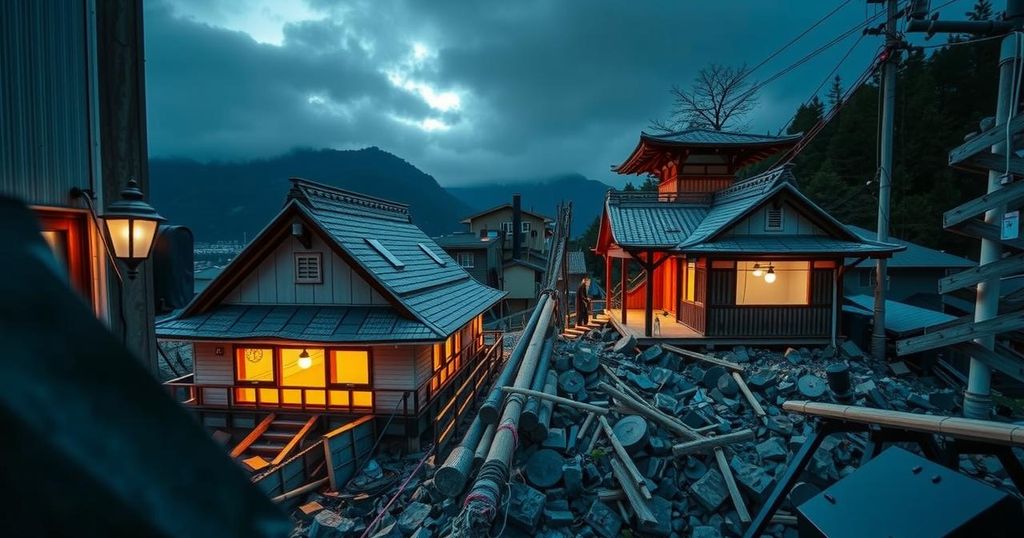Japan Urged to Enhance Disaster Response Following Noto Earthquake Findings

A government task force report emphasizes that Japan must enhance disaster response systems in light of the Noto earthquake, proposing improved conditions in evacuation centers, including better sleeping arrangements and cooking facilities to protect elderly victims.
Japan must enhance its disaster response systems to better support victims, as highlighted in a recent report from a government task force. Analyzing the Noto earthquake on January 1, experts, led by Professor Emeritus Nobuo Fukuwa from Nagoya University, emphasized the necessity of improving evacuation center conditions to prevent fatalities, particularly among elderly populations. Critical recommendations include the deployment of cardboard beds, adequate toilet facilities, and provisions for large-scale cooking operations with sufficient gas and fuel reserves available from the outset of an emergency.
Natural disasters pose significant challenges for Japan, a nation particularly vulnerable to earthquakes due to its geographic location. The Noto earthquake serves as a recent reminder of the importance of effective disaster response mechanisms. The task force’s examination of this event allowed for the identification of critical gaps within the current support systems, particularly concerning the needs of aging communities during such crises. The focus on evacuation center conditions is crucial, as inadequate facilities can exacerbate the dangers faced by vulnerable populations during disasters.
In conclusion, the report from the government task force underscores the urgent need for Japan to strengthen its disaster preparedness infrastructure. By implementing measures such as providing suitable sleeping arrangements and cooking facilities in evacuation centers, authorities can significantly mitigate the risks associated with future disasters, particularly for aging community members. These enhancements are essential for fostering a more resilient society capable of effectively responding to emergencies.
Original Source: www.japantimes.co.jp







